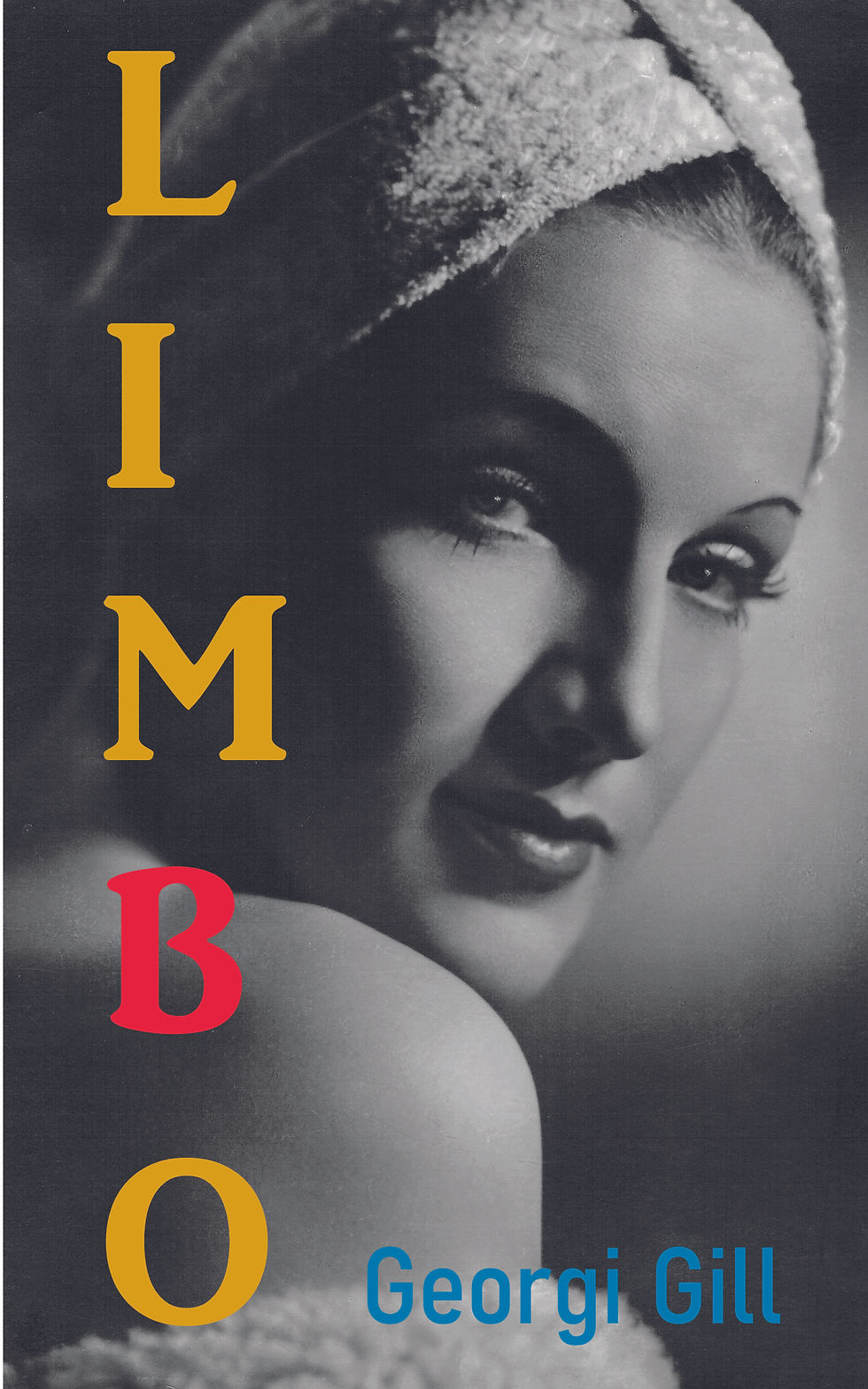Shortlisted for the Saltire Scottish First Book of the Year, 2022
Limbo, a queer nightclub in 1933 Berlin, with Germany under Nazi rule, is where we first meet B and the dazzling array of characters who inhabit this episodic narrative sequence, almost a film noir in verse: singers, dancers, comperes, shopkeepers and secret policemen rub up against each other with suspicion, complicity, love, betrayal and freedom never far from their minds. A study of paranoia, tyranny and perseverance. And tension that will keep you guessing until the final line.
‘If, like me, you’re fascinated by queer life in 1930s Berlin, there is
much to savour in Georgi Gill’s Limbo. The compelling narrative is a
page turner on first read, and then the distinct voices of the watched
and the watching, the hunters and hunted, and Gill’s rich, startling
imagery pulls the reader back. I was particularly moved by the poems
about the burning of documents in the Institute for Sexual Science
and what this meant for the denizens of Limbo, deciding when, and
if, to flee. These are poems about queer life as performance, as a way
of life, as escape and ultimately survival.’ —Jay Whittaker
Limbo by Georgi Gill (ISBN: 9781916405172)
Georgi Gill is an Edinburgh-based writer and researcher whose poems explore a range of themes including the personal and cultural impact of illness and disability, and queer history. She often collaborates with other artists and writers on print, digital and performance projects. Georgi was the inaugural poet-in-residence at the Anatomical Museum in Edinburgh and she is the editor of The Interpreter’s House magazine. Limbo is her first collection and was awarded the Michael Schmidt Prize for Best Portfolio.
Chimera
My father was a tall man, skin tough
as a razor’s strop. He shaved with care
at the kitchen table while I held up the mirror.
He said I had too much to be a woman,
not enough to be a man. Prayed each night
for God to cast a dense veil of shame
over my flaws. A well-meaning man
but not well-read. Mother, hands in lap,
sat silent. She had studied Ovid: knew the danger
of petitioning the petulant gods; recognised me
as her Hermaphroditus, her own living myth,
her carelessly glued together child of legend,
her chimera. A dandelion growing bright, defiant,
on the manicured lawn, I was not born for the suburbs.
No, she told me, better to get out, find a fairy
tale, live there or, failing that, Berlin.
